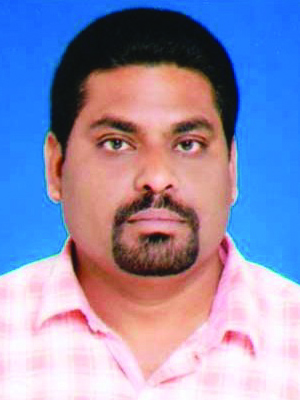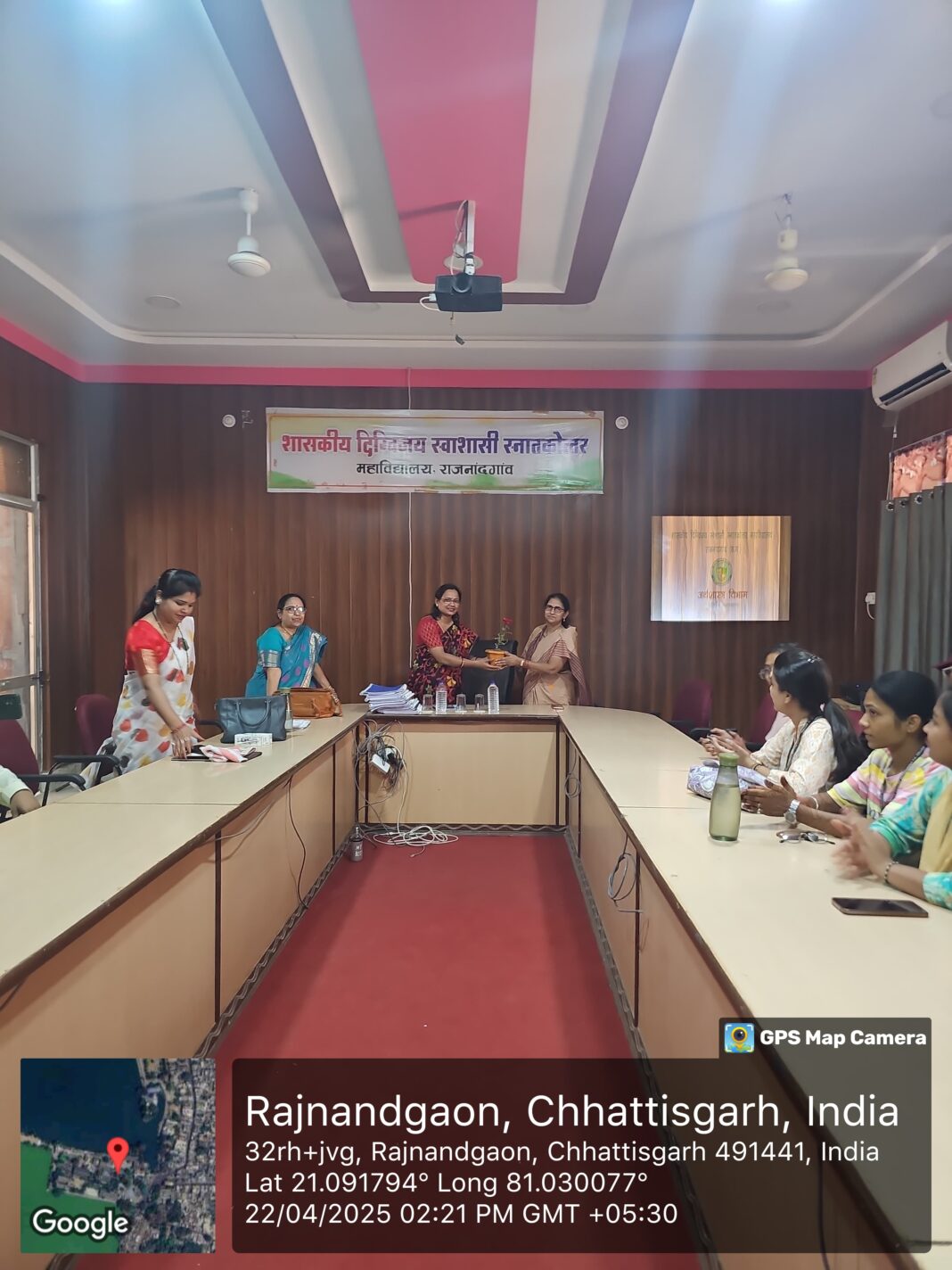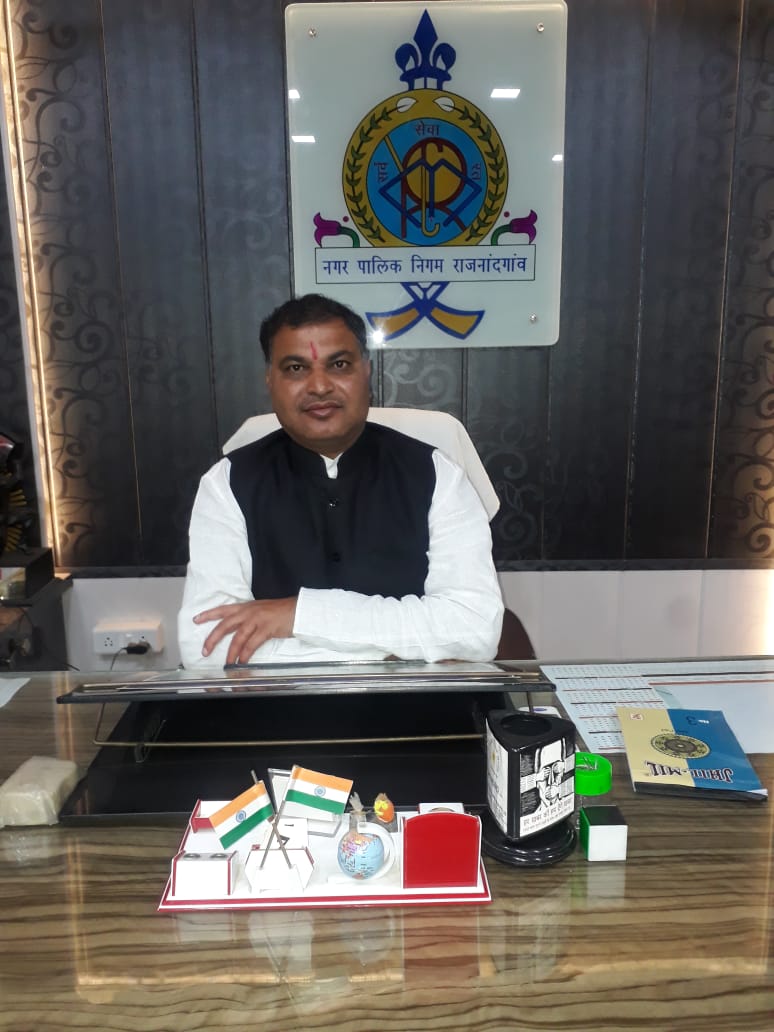Published on: April 22, 2025
By: [BTI]
Location: Rajnandgaon, India
The Chhattisgarh Parents’ Association has voiced deep frustration over the delay in executing the state government’s decision to introduce subject-specific teaching norms in government secondary schools. The announcement, made during a meeting of the School Education Department on January 30, 2025, had been hailed as a much-needed reform, aiming to replace a flawed system that allowed non-subject-specific teacher appointments.
Despite the Chief Minister’s clear directive to revoke the earlier Gazette notification and enforce subject-based teaching, the implementation is still pending. Christopher Paul, President of the Chhattisgarh Parents’ Association, criticized the slow pace of administrative action and called for immediate steps to ensure quality education in government schools.
Paul highlighted that even after nearly two and a half months, the new rules have not been enforced, while preparations are already underway in regions like Bastar and Durg to promote teachers without subject-specific qualifications. He emphasized that such moves could severely affect the academic standards in government institutions.
Recounting the association’s long-standing efforts, Paul mentioned that during the tenure of the previous government, they had appealed to the Governor to repeal the defective rule and had also written to the Education Secretary. However, no concrete action was taken at the time. Although the current government has shown intent by approving the necessary changes, the delay in execution is now a major concern.
With the new academic session approaching, Paul warned that students in government schools are at risk of falling behind their peers in private, Navodaya, Atmanand, and APM Shree schools, where subject-specific teaching practices are already in place. He urged the government to implement the subject-binding regulation without further delay and warned of potential protests if the matter is not addressed promptly.
The association has also strongly opposed the practice of assigning teachers of Hindi to evaluate all subjects in the upcoming Class 8 board examinations, calling it unjust and detrimental to academic fairness.



